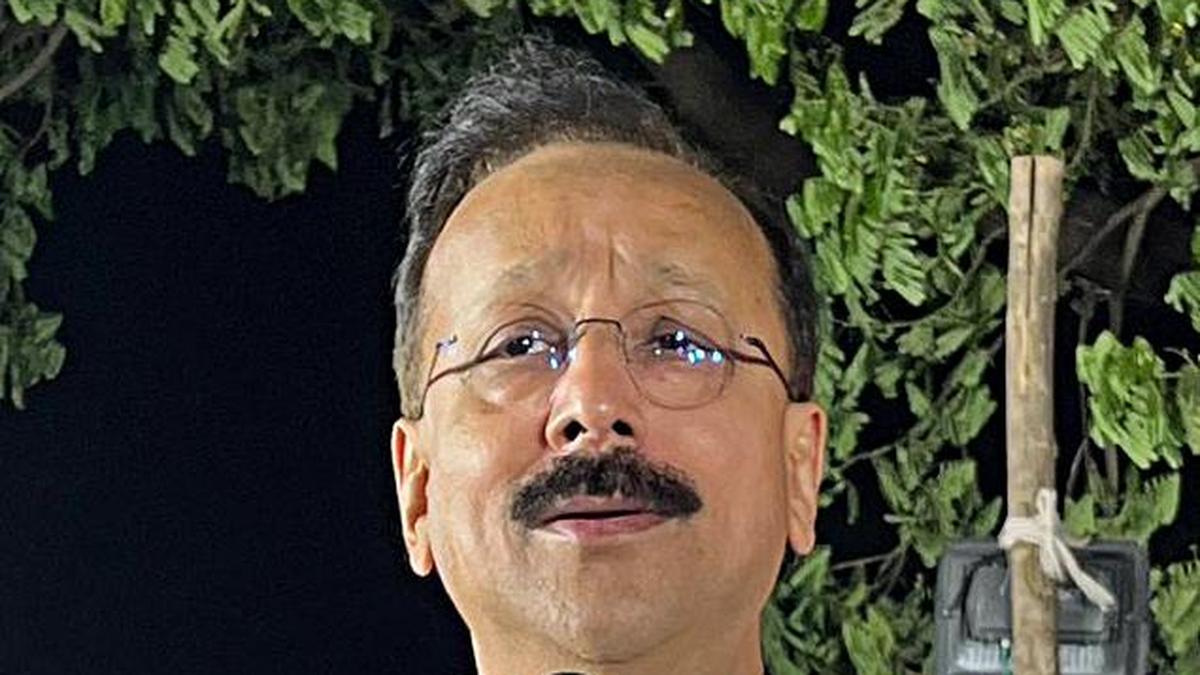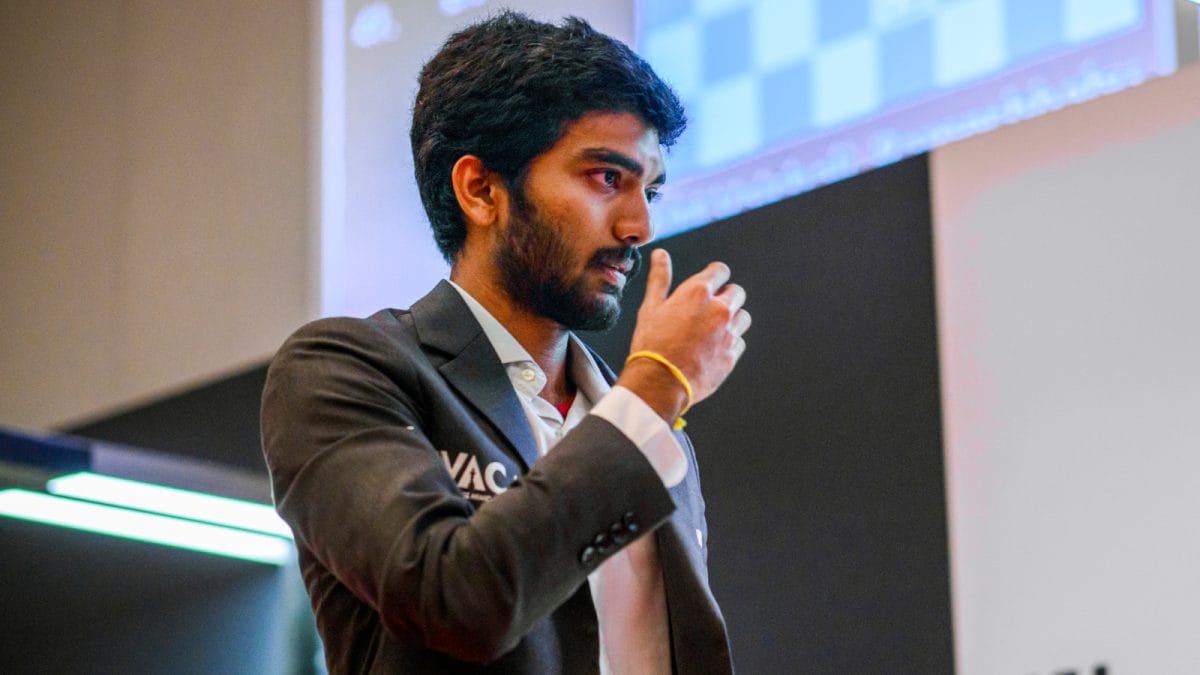Indian Oil Corporation Limited (IOCL) is working rapidly towards sustainable aviation fuel (SAF), IOCL Chief General Manager Anita Shrivastava said.
“SAF has been on our agenda for a couple of years. At our Panipet refinery, co-processing has started for a 30 Kilo Tonnes Per Annum [facility], and this is the first Indian facility to receive the international sustainability certification,” she said at a panel discussion at The Hindu Sustainability Summit 2025. The panel discussion, ‘Energy Transition in India: The Road Ahead-How Oil and Gas, Renewables and Emerging Fuels Can Co-exist in the Journey towards Net Zero’, was moderated by Kunal Shankar, Deputy Business Editor, The Hindu.
Ms. Shrivastava said, “Our R&D centres and other departments have brought in hydrogen in a big way. We have also worked on premier branded fuels which are loading carbon dioxide emissions. We have made rapid strides in electric vehicle recharging. We have more than 13,500 charging stations.”
Becoming globally competitive
Ravi Ganapathy, Regional Director, ESG Solutions, GovEVA, pointed out that many of the companies do not realise that ESG could make them globally competitive. If they become proactive and start accounting for carbon emissions, water usage, waste, and governance aspects, it would be a great boost, he added.
Asked how could micro, small and medium units do the same, Mr. Ganapathy said, “If you start your ESG accounting early in your journey, you will start reaping the benefits early too. Now, ESG accounting again is directly proportionate to the size of the organisation. So, for the MSMEs, it is not going to cost much at all. And scalability is even less expensive. Which businessman is going to say ‘no’ to logical cost-savings?”
Shaivee Malik, Co-Founder and COO of Yotuh Energy, shared her views on the financing aspects and said, “When we are making some solutions that are battery-based, they do come with an initial higher cost. Even though the unit economics makes sense, the high capex becomes a barrier. When we are trying to reach it out to more customers, having much more ease on financing will make it more adaptable.”
Harish Pazhani, Senior Program Research Specialist, WRI India, said India has surpassed 500 GW of total installed power capacity and the key notable point here is that close to 51% of it comes from non-fossil fuel sources which include hydro and nuclear. He underscored the importance of long-term planning and alternative mechanisms like energy efficiency. “Infrastructure like storage is crucial. Storage will play a major role. We have to ramp up storage significantly,” he said.
The summit is presented by Chennai Petroleum Corporation Limited and co-presented by the Tamil Nadu Green Climate Company. The sustainability partner is Navin’s. The associate partner is NLC India Limited, and the green partner is Larsen & Toubro. The television Partner is Puthiya Thalaimurai. While the industry partner is the Confederation of Indian Industry, the knowledge partner is the Sustainable Energy and Environment Council. The digital news partner is The Federal.

 4 hours ago
6
4 hours ago
6









 English (US) ·
English (US) ·